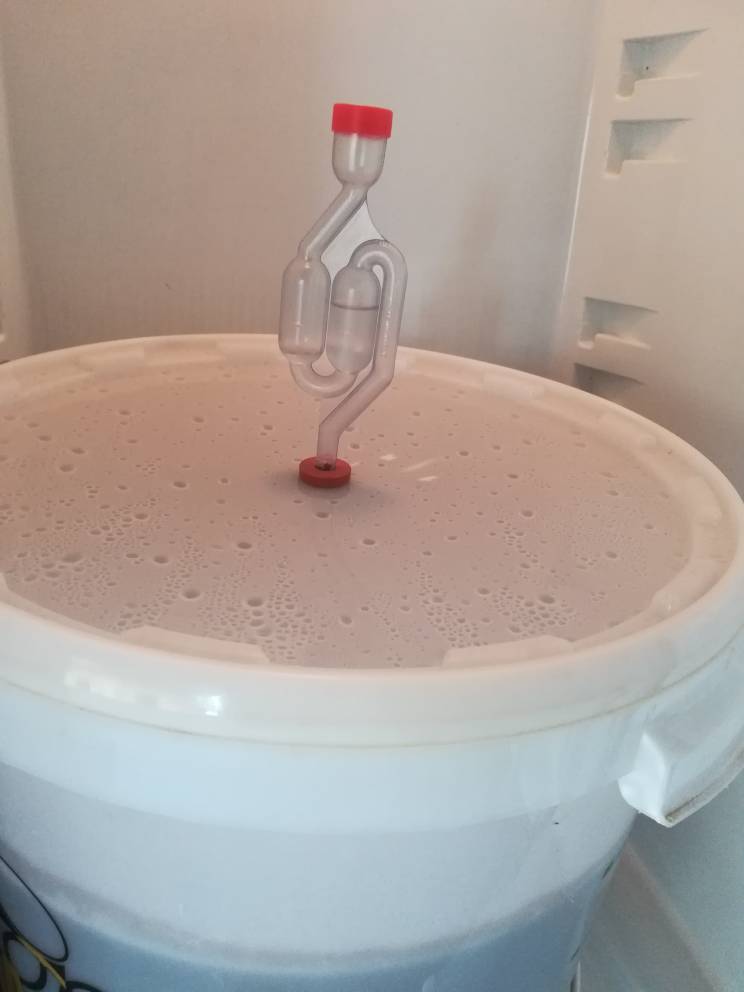Maybe just take a minute to step back and re read this whole thread with a clear mind? Nobody is saying you're wrong or your beer is now pure oxygen. You started this thread with a question to whether or not cold crashing can cause oxidation and the simple answer is yes, without some sort of protection. Everyones responses are just in response to your questions that arise and others. A lot of good information above, take it or leave it?
BTW, simple cold crash device, $2 mylar balloon(happy birthday, get well soon, etc.) and some tubing added towards the end of fermentation will provide enough clean CO2 for you to cold crash.
Edit to add everyones favorite "scientists"
 http://brulosophy.com/2018/05/10/7-methods-for-reducing-cold-side-oxidation-when-brewing-beer/
http://brulosophy.com/2018/05/10/7-methods-for-reducing-cold-side-oxidation-when-brewing-beer/




